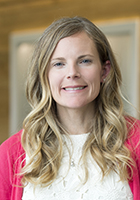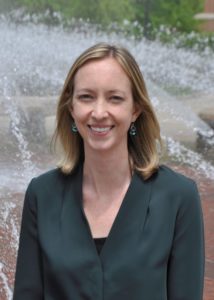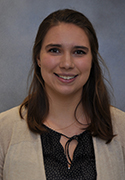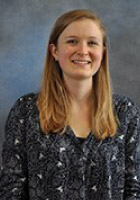ABOUT THE E.G.G. PROGRAM
In 2017, Dr. Elizabeth Karcher was awarded a grant by the USDA and U.S. Poultry & Egg Association to develop and distribute the High School E.G.G. curriculum. An additional award in 2019 from the Purdue University College of Agriculture PK-12 Council allowed for the development of the Elementary E.G.G. curriculum.
Midwest Egg Production: Iowa, Indiana and Ohio comprise the top three egg-producing states. In 2017, there were 318 million laying hens in the United States and 37 percent of those were located in those three states. The Indiana poultry industry is ranked third in the United States for table egg production and is a large contributor to the state's economy.
STEM-based Online Modules: The E.G.G. program was developed to introduce elementary and high school students to the table egg industry. This is accomplished through STEM-integrated online modules focused on animal welfare and management practices, hen anatomy and physiology, food safety, product development, and technology.
While the modules build off of each other and are designed to be completed in order, they can be used independently of each other. Based in instructional learning theories, each module contains a mixture of content, including interactive texts and diagrams, character dialogue, video and animation. These program features were selected to maximize student engagement and interest in the program's material.
E.G.G. TEAM

Dr. Elizabeth Karcher

Dr. Marisa Erasmus
Marisa Erasmus received her bachelor's of science and master's of science from the University of Guelph in Canada and her Ph.D. from Michigan State University. Before starting her career at Purdue University, Marisa worked on a commercial turkey farm and for the Ontario Ministry of Agriculture and Rural Affairs. Since then, her applied research has focused on developing animal-based measures of welfare for chickens, turkeys and ducks and examining the effects of environmental and management factors on poultry welfare. In addition to her involvement with the commercial poultry industry, Marisa's extension and outreach activities are aimed at developing training and educational materials for people of all ages.

Dr. Neil Knobloch

Dr. Darrin Karcher

Danielle Marks
